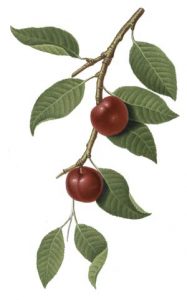 High blood pressure (hypertension) can go unnoticed for a long time as there are few noticeable symptoms to the condition. However, if you have high blood pressure and it is left untreated, it can increase your chances of developing serious health conditions.
High blood pressure (hypertension) can go unnoticed for a long time as there are few noticeable symptoms to the condition. However, if you have high blood pressure and it is left untreated, it can increase your chances of developing serious health conditions.
High blood pressure can develop into the following problems:
- Dementia
- Kidney disease
- Heart failure
- Heart attack
- Stroke
High blood pressure is a common problem within the UK. It is estimated that 1 in 4 adults live with the condition. About five million of these people remain un aware that they are at risk.
The only way to discover if you have high blood pressure is to have your blood pressure checked on a regular basis. It is recommended that you check your blood pressure at least every five years.
Checking your blood pressure is easy to arrange and could prevent you from developing life threatening conditions.
What is High Blood Pressure?
As your heart pumps blood throughout your body, the blood delivers oxygen and energy to all areas. If there is an excess of pressure within the blood vessels, you will be putting too much strain on the heart and arteries.
If your blood pressure is consistently reading above 140 over 90 for several weeks then you probably have hypertension. Reducing your blood pressure is essential to reduce the risk of heart attack or stroke.
How can I reduce my blood pressure?
There are a number of factors which contribute towards high blood pressure. For most people, there is no single cause. Although there is no exact understanding of what causes high blood pressure, some lifestyle choices put you at more risk of developing the condition.
You can be increasing your risk of hypertension if you do any of the following:
- Have low physical activity
- Do not eat a substantial amount of fruit and vegetables
- Drink too much alcohol
- Eat too much salt in your diet
- Smoke
- Drink too much coffee or other high caffeine drinks
- Are overweight
Making significant lifestyle changes can help you reduce your chances of developing hypertension. This will reduce your risk of developing other conditions such as heart and kidney disease, some forms of dementia, heart attack or stroke.
Remember: Lowering your blood pressure can save your life.
What are other factors that cause high blood pressure?
Alongside your lifestyle and diet, high blood pressure tends to be more common among some groups of people. These are factors which are outside of your control.
As you grow older, your chances increase of developing hypertension. This is usually a result of an unhealthy lifestyle continued into older age.
Some ethnic groups are at greater risk of developing high blood pressure. People of South Asian or African-Caribbean backgrounds are at an increased risk of developing the condition.
If you have a family history of high blood pressure, then your chances are increased of developing the condition.
How is high blood pressure treated?
The most effective way to prevent the symptoms of high blood pressure is by making healthy lifestyle choices. Improving your diet and increasing exercise will benefit your body and reduce the risk of developing a cardiovascular disease, such as kidney failure, a heart attack or stroke.
If you are diagnosed with high blood pressure, you may be recommended to take medication to prevent your symptoms becoming dangerous to your health.
Some people may need to take medication for the rest of their lives to help keep their blood pressure low. If your condition improves for a number of years, your doctor may let you reduce or end the treatment.
Read more about treating hypertension on the Blood Pressure UK website.
You can find more info about treating high blood pressure on the NHS website.
Types of medication used to reduce high blood pressure
ACE inhibitors
ACE inhibitors are used to control the hormones in your body. The medicine works by stopping your body producing a chemical called angiotensin II. When your body produces angiotensin II, it reduces the size of your blood vessels which can cause blood pressure to increase.
Calcium channel blockers
Calcium can be used by the body to make your blood vessels narrow. Calcium channel blockers will reduce the amount of calcium produced to allow the blood to flow through easily.
Diuretics
Diuretics are used to flush excess salt and water from your body by passing it out through your urine.
Beta-blockers
Beta blockers can be used to help reduce your heart rate. By blocking the effects of adrenaline and noradrenaline on your body, beta blockers can slow the rate that the blood is pumped around the body.
Nutrition advice for lowering blood pressure
Some foods are known to affect your blood pressure. These foods should be reduced from your diet to improve your chances of reducing the effects of hypertension.
Salt intake
It is recommended that you eat no more than 6g of salt per day. This is the equivalent of a teaspoon of salt per day. For many people, simply cutting their salt intake can help to reduce blood pressure.
Most processed foods such as ready meals, soups and sauces contain salt. Try to avoid eating processed food whenever possible.
You should be aware of how much salt is included in any products that you consume. Always read the labels and avoid foods which are high in salt.
Try to replace salt with herbs or spices when cooking or adding flavour to your meals.
Saturated fat
Eating too much saturated fats will increase your cholesterol level. Too much cholesterol in your diet can increase the risk of stroke and heart disease. Saturated fats are found in the following foods:
- Fatty meats
- Cheese
- Cream
- Biscuits
- Cakes
Try to replace saturated fats with polyunsaturated or monounsaturated fats. These can help reduce your cholesterol. You can find polyunsaturated or monounsaturated fats in the following foods:
- Oily fish
- Avocados
- Olive oil
- Vegetable oils
- Nuts and seeds
Alcohol
It is recommended that you drink less than 14 units of alcohol per week. If you drink more than this over a long period of time, you will increase the level of your blood pressure.
Alcohol can also lead to weight gain as it contains a high number of calories.
Caffeine
The effects of caffeine on your blood pressure is not conclusive. But it is recommended that you reduce the amount of caffeine to less than four cups of coffee a day.
Foods which can lower your blood pressure
The following foods should be included in your diet. You can discuss your current eating habits with a nutritionist to discover if you are getting enough of the foods that can help you to avoid high blood pressure.
Calcium
Calcium is a mineral which can help your blood vessels to tighten and relax as required. Including calcium in your diet can help lower blood pressure. Calcium rich foods include dairy products, some seafood, vegetables and fortified foods.
Read more info about calcium rich foods.
Magnesium
Foods such as spinach, sunflower seeds and beans contain magnesium. Including magnesium in your diet can help reduce blood pressure as it is used by the body to regulate this and other functions.
Potassium
Potassium is found in spinach, beans and bananas. Potassium is used by the body to help muscles function well. Potassium can help reduce blood pressure as it is used to help relax the walls of the body’s blood vessels.
Further reading
You can find out more about high blood pressure on the Blood Pressure UK website.
